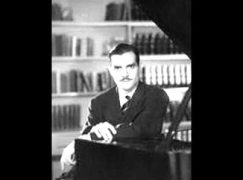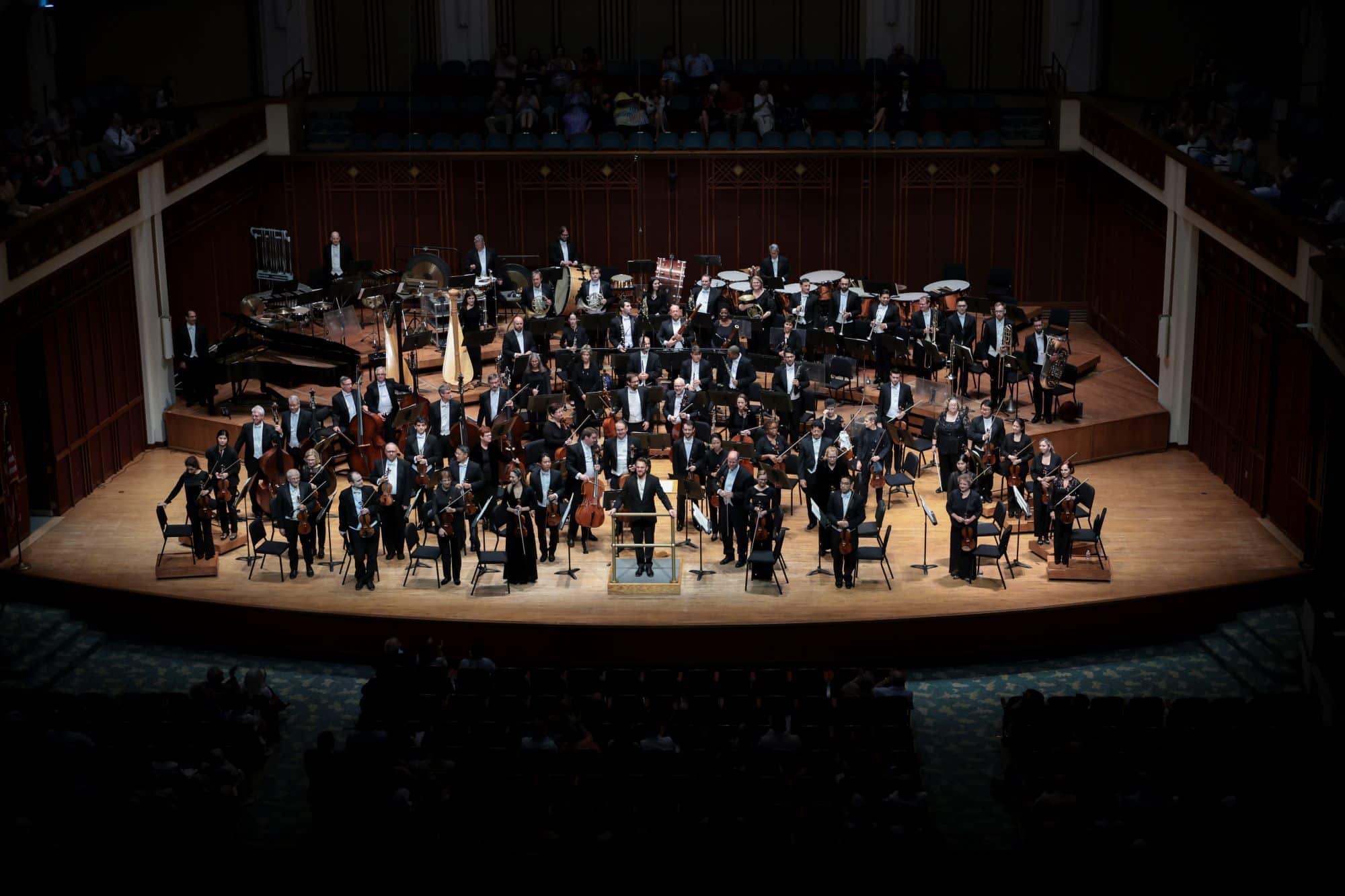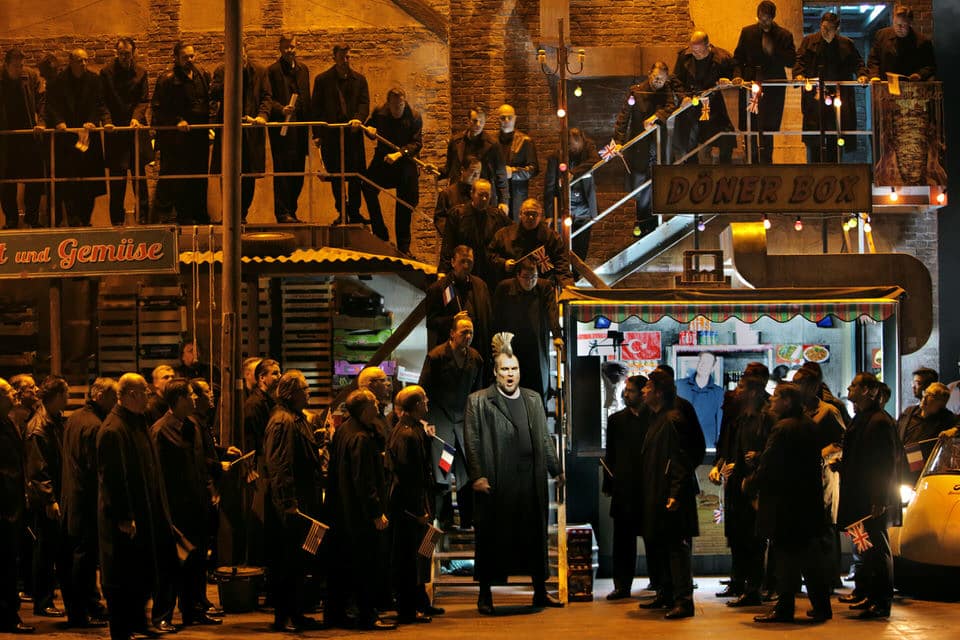Jorge Bolet’s unreleased first recording
mainAs rare as it gets.
The Cuban-born pianist was 22 at the time, a student of Godowsky and Josef Hofmann.
The following year, he won the Naumburg Competition and had lift-off.

As rare as it gets.
The Cuban-born pianist was 22 at the time, a student of Godowsky and Josef Hofmann.
The following year, he won the Naumburg Competition and had lift-off.
It became known today that Graham Parker has…

They’re not quite sure what’s hit them in…

The image below has gone up on a…

We understand that Jörg Golombek, a leading tenor…

Session expired
Please log in again. The login page will open in a new tab. After logging in you can close it and return to this page.
Comments